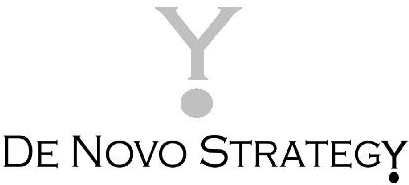The Risk Management Association (RMA) just released 2009 Q4 figures showing that the downward slide of bank asset quality is beginning to level off.
The RMA is a nonprofit with 3,000 institutional members whose goal is to implement sound risk principles in the financial sector. Their Risk Analysis Service data report was released in conjunction with Automated Financial Systems, Inc., and is the self-professed only gauge of comprehensive credit risk. The data utilize figures from 17 top-tier banks.
Showing Signs of Recovery
From the press release: "The leveling off of the deterioration of commercial asset quality from the third to fourth quarter is a positive indicator that the economy is showing signs of recovery," said William F. Githens, RMA president and CEO. "However, the business banking sector continues to be a concern and is substantially underperforming the middle market and large corporate lines of business."
But while the rate of decline in asset value for big banks is only beginning to level off, specialty lenders are enjoying quicker successes. AmeriCredit, CapitalSource, Allied Capital Source, and CIT Group all posted 52-week high stock prices (TheStreet).
CIT GROUP
CIT Group, a commercial lender to small and medium-sized businesses, took its first bond to market on February 26 after emerging from a brief, month-long Chapter 11 reorganization in December. The bond, offered at $667.2M, represents a portfolio transition from commercial-paper-backed to equipment leases. Hopefully, this shift will lead the way to longer-term solutions to loan portfolio instability and vulnerability.
CIT's bond is issued through the Federal Reserve's Term Asset-Backed Securities Loan Facility (TALF), also known as "Bailout #2." CIT got in on the Facility just before its rapidly approaching final monthly application deadline of March 4.
It's a start, but CIT needs to secure other, low-cost funding that doesn't come from the government. Their bankruptcy had followed on the heels of nine consecutive losing quarters that totaled over $5B.
Whether CIT Group-and other lenders-will be able to remain solvent after TALF's discontinuation remains to be seen. What we know, though, is that small businesses are counting on the success of CIT and similar lenders.
Word on the Street
A recent CIT report-auspiciously titled "Lessons Learned-A Case for Greater Optimism" -surveyed owners and executives of 220 American small businesses (as defined by annual revenues from $1M to $15M) about the close of 2009 and their views of 2010.
Key findings:
- For 2009, 33% said their revenue "declined," and 26% said it "declined significantly"
- 64% said it was harder today to manage their company's cash flow than it was 12 months ago
- 90% agreed that current stimuli does not help them
- For 2010, a whopping 53% expected their revenues to "grow," and 8% expected their revenues to "grow significantly"
- 80% said they're now smarter about running their businesses
- 70% said the recession made them better leaders
Bankers should look at a systems to stress test their loan portfolios in an effort to better manage the risk. There are systems in the market place that will stratify/custom grade loan portfolios, stress test the portfolio along various key data points (not just interest rate stress), provide the probability of loss a portfolio will incur. These systems offer many other items of information that are essential to managing the loan portfolio and its risk, to both the bankers and the regulators.


